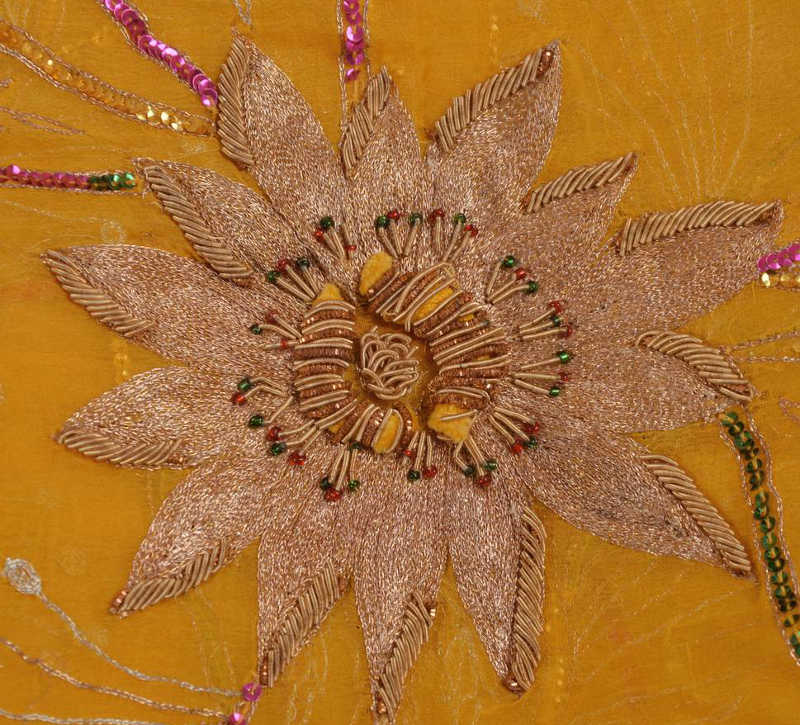===
0456,
8
===

=== |
 |
vaqf : 'Standing, stopping, staying, halting, waiting; pausing (over); being intent (upon), endeavouring fully to understand; —bequeathing for pious purposes; tranquillity; firmness; constancy; permanency'. (Platts p.1197)
nasiim : 'A gentle breeze, zephyr, fragrant air, spicy gale'. (Platts p.1139)
.sabaa : ''The east wind, or an easterly wind'; a gentle and pleasant breeze; the morning breeze; the zephyr'. (Platts p.742)
FWP:
SETS
MOTIFS
NAMES
TERMS == FRESH WORD; THEMESRF clearly says that if there's no wind, then there's no need for a chiraa;G-e vaqf , but I don't see why that follows. He cites Khalil ur-Rahman Dihlavi's report that the chiraa;G-e vaqf used to be kept lit all the time, without regard to weather conditions. Its special significance as a 'consecrated lamp' was thus apparently to be a visible symbol of steadfastness, village loyalty, human solidarity, etc., rather than to be an emergency light kept burning when the wind was blowing.
Mir mentions the two sweetest, mildest, mellowest breezes. If he had wanted to emphasize the lamp's suffering under terrible working conditions, he could quite easily have invoked the aa;Ndhii or the :tuufaan . He perhaps means for us to imagine that the creation of the winds began slowly and gently, with charming but ominous little breezes-- which then gradually increased until real windstorms appeared.
Or perhaps-- this is my own best guess-- what the verse is doing is extravagantly marking the passage of time. Wind and oil lamps are predestined enemies, locked in eternal combat. (Especially since this particular oil lamp is forbidden, by definition, to yield to the wind.) The speaker claims to have held his onerous (but honorific?) position since before the whole cosmic lamp-versus-wind wrestling match even began.
Since even most dictionaries don't have chiraa;G-e vaqf , it certainly should count as a 'fresh word'.
Compare Ghalib's similar claim-- that he has had his own position/post of liver-burning since a time even before the salamander was assigned to dwell in fire:
G{38,7}.